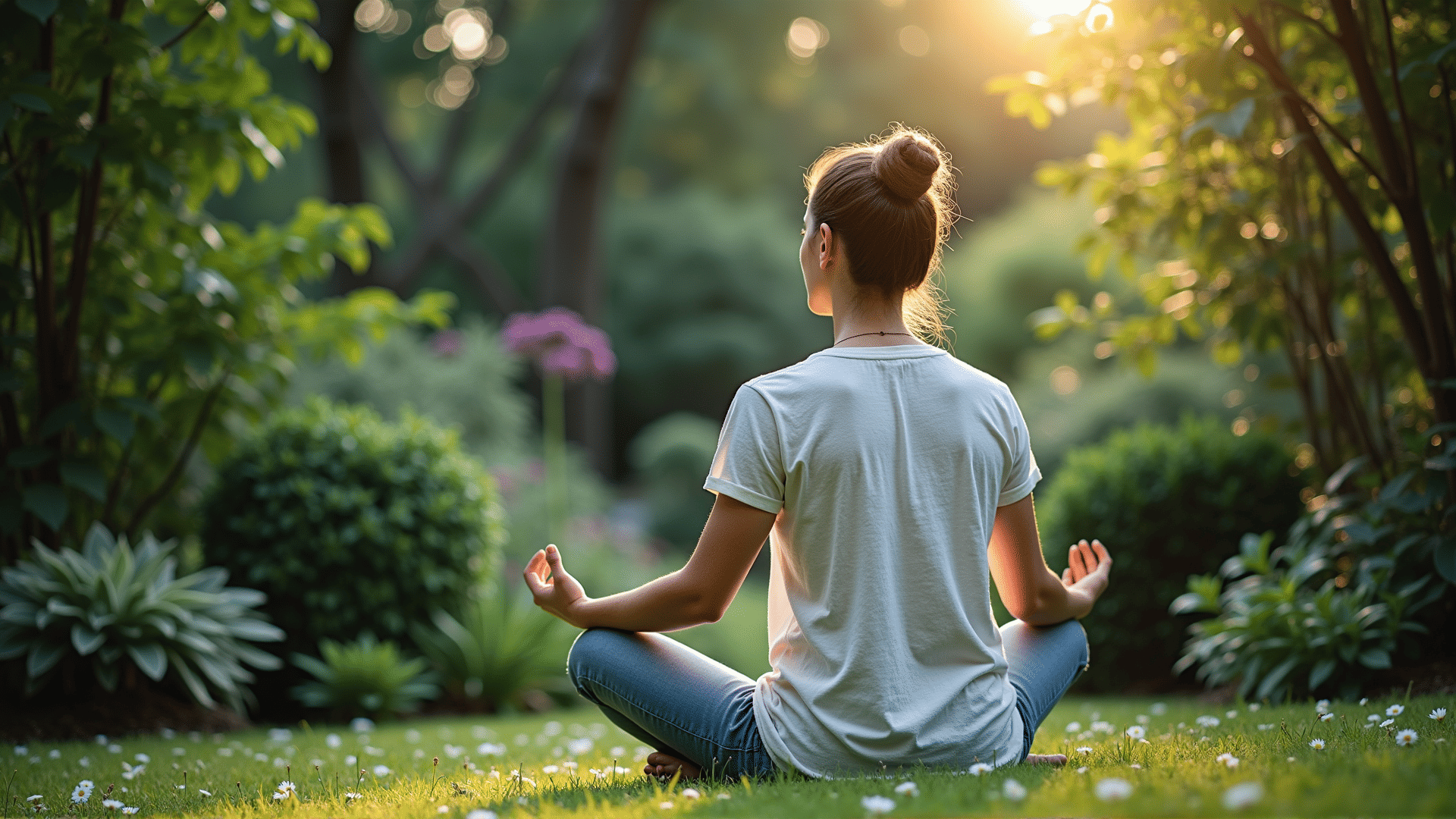Incorporating mindfulness practices into your daily routine can be a transformative experience, offering profound benefits for mental well-being and inner peace. Mindfulness, the practice of being present and fully engaged in the current moment, allows individuals to tap into a deeper awareness of their thoughts, emotions, and sensations without judgment. This heightened awareness can lead to significant improvements in mental clarity, emotional regulation, and overall quality of life.
To initiate a journey towards mindfulness, start small and focus on integrating simple practices that can be seamlessly woven into your daily activities. Begin with mindful breathing, one of the most accessible techniques. Spend a few minutes each day consciously observing your breath. Pay attention to the inhalation and exhalation, letting thoughts drift away as you bring your focus back to your breath. This practice can help calm the mind and reduce stress, enhancing your ability to approach challenges with a clear and balanced mindset.
Another effective way to embed mindfulness into everyday life is through mindful walking. While walking, whether to work or through a park, concentrate on each step, the sensation of your feet touching the ground, and the rhythm of your movement. Observe the environment around you, noting the sights, sounds, and scents. Walking with intention and awareness not only provides physical exercise but also nurtures a peaceful state of mind.
Incorporating mindfulness into daily activities need not be time-consuming. Even everyday tasks like eating or washing dishes can become opportunities for mindfulness. Practice mindful eating by savoring each bite, noticing the flavors, textures, and aromas of your food. This not only enhances your appreciation for meals but also encourages healthier eating habits by fostering a greater awareness of hunger and satiety cues.
For those seeking a more structured approach, meditation is a cornerstone of mindfulness practices. Set aside a few minutes daily for a meditation session where you can sit quietly and focus on a chosen object or your breath. Guided meditations or mindfulness apps can offer additional support, especially for beginners. Regular meditation can help cultivate a peaceful mind, improve concentration, and develop a deeper connection with oneself.
Additionally, expressing gratitude can significantly enhance mindfulness and well-being. Start or end your day by noting a few things you are grateful for. This practice shifts focus from negative to positive experiences, fostering a sense of contentment and appreciation for life's simple pleasures.
Finally, self-compassion is a vital component of a mindful life. Be gentle with yourself as you cultivate mindfulness practices, understanding that it is a journey rather than a destination. Recognize that some days will be easier than others, and that’s entirely natural.
Incorporating mindfulness into your daily routine not only enriches personal mental well-being but also positively impacts how you interact with the world. As mindfulness becomes a more integral part of your life, you may find yourself more resilient to stress, more engaged in the present, and more at peace with yourself and your surroundings. Embrace these practices with patience and kindness, and experience the profound changes they can bring.
